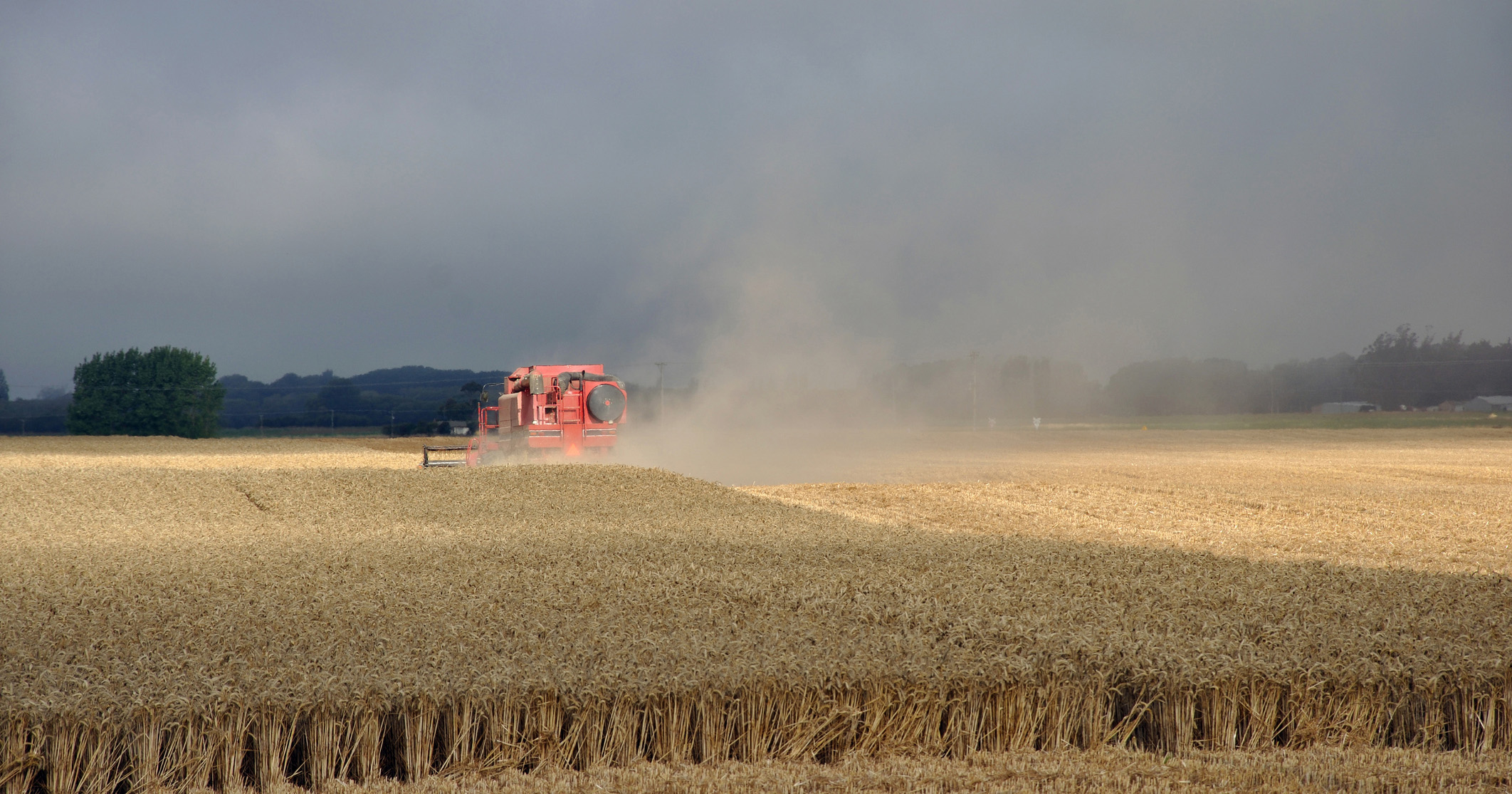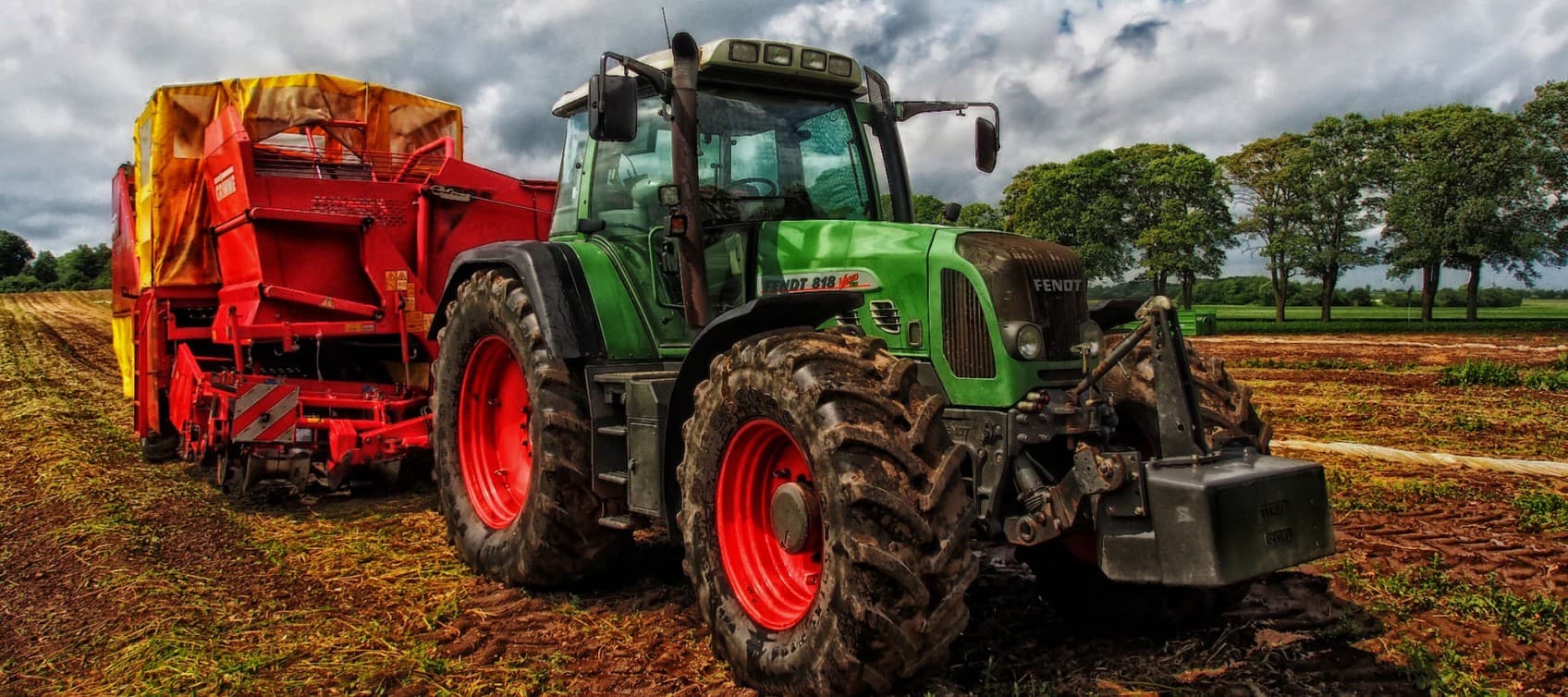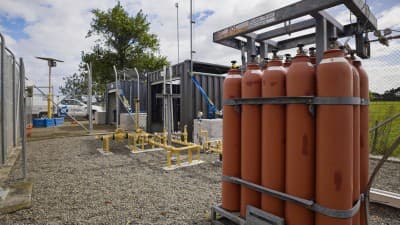Diesel has long been the go-to fuel for the agricultural sector, but that could change in the future thanks to new emerging hydrogen technology. While electric batteries are a good alternative to fossil fuels for cars and other small vehicles; for heavy duty machinery – like trucks, ships, and tractors – hydrogen could be the better choice.
Green hydrogen is produced via the electrolysis of water using renewable electricity. Producing low emissions, it gives large vehicles a shorter refuelling time and better range when compared to an electric battery. For example, a prototype Toyota Hilux, by hydrogen fuel cells, has a range of 600km.
With its combination of low emissions, fast refuelling and long range, hydrogen could be an ideal fuel for heavy farm equipment like tractors, harvesters and balers. In addition, hydrogen fuel cells could power a wide range of farm activities.
Major manufacturers are launching hydrogen tractors
Kubota, Fendt and Tafe are all in the process of trialing hydrogen tractor prototypes – the race is on to see who will be first to make a hydrogen fuel cell tractor widely available for sale.
The Fendt prototype tractor was deployed to two German farms in 2023 for testing under real conditions, and it has already won the DLG Agrifuture Concept Award from the German Agricultural Society. And while you can’t yet purchase a hydrogen tractor, you can already buy a hybrid hydrogen-diesel tractor.
Retrofitting existing tractors could be an affordable option
Buying a new tractor may be seen by many as an expensive purchase – particularly an electric or hydrogen model. For a more affordable option a farmer could retrofit their existing tractor to run on hydrogen fuel cells.
It’s already possible to retrofit a hydrogen electrolyser onto a heavy vehicle to help cut emissions and costs. Scottish farmers Dave and Nicola Barron fitted an electrolyser to their JCB telehandler and their New Holland tractor, which effectively turns the machines into hybrid hydrogen-diesel vehicles. Testing found emissions were reduced by up to 80% and fuel costs cut by up to 29%, as well as likely leading to reduced maintenance costs on oil changes and filter replacements. The Barrons estimate they will save as much as NZ$2,000 on running costs for the two machines. This technology is still expensive, but as it becomes more widespread it will become more cost effective.

Source: iStock image used for illustrative purposes only. Not an actual representation of a Clarus business.
What else can green hydrogen do on our farms?
What other on-farm processes could be powered by hydrogen fuel cells?
- Automatic feeders
- Water treatment/irrigation
- Heating
- Sensors/video cameras
- Aeration systems
- Lighting systems
- Drying facilities
“Green hydrogen represents a viable alternative to fossil fuels, without generating polluting effects,” according to Toward Sustainability: An Overview of the Use of Green Hydrogen in the Agriculture and Livestock Sector. “...It represents a key energy resource to support and accelerate the green energy transition.”
Building a fully hydrogen-fuelled sustainable farm
The HydroGlen project in Scotland aims to showcase how renewable hydrogen can power a farm and the surrounding homes. After a successful feasibility study, the demonstration farm is set to start operating soon, powered by energy from a single wind turbine, a solar array, and a green hydrogen production facility.
Projects like HydroGlen are a great way to show how hydrogen can work for industry and communities. Similar residential projects like Hydrogen Park South Australia and the SoCalGas hydrogen demonstration home help people understand the potential and power of using hydrogen to replace fossil fuels.
In New Zealand, the Hiringa hydrogen refuelling network is in the process of being established. Here at Clarus we are planning a pilot project to blend a small amount of hydrogen into our Firstgas network, in the near future.
To learn more visit - Clarus and the future of energy.





